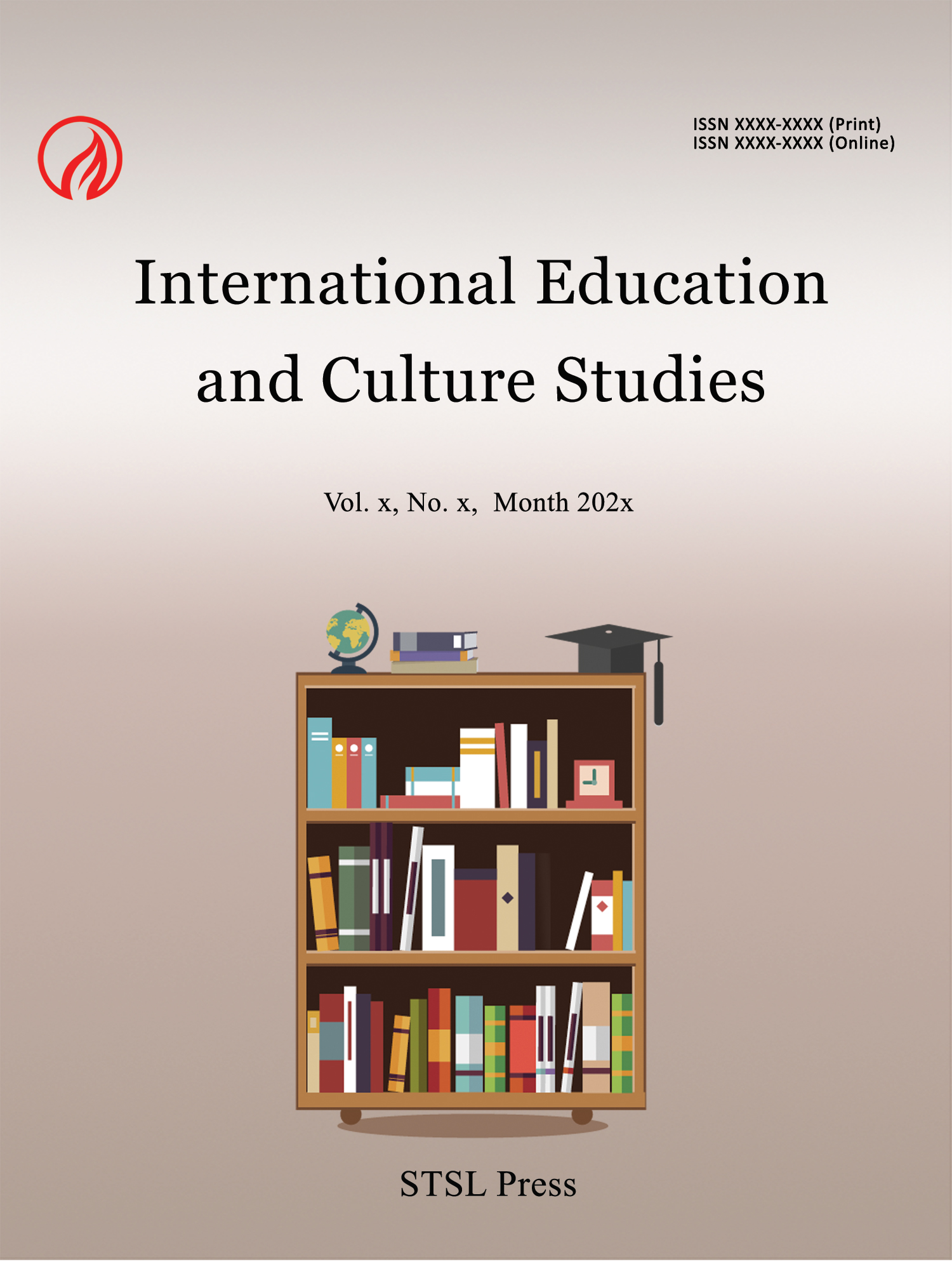Teacher General Pedagogy and Subject Matter Knowledge for Teaching Qualitative Analysis Concepts to Chemistry Students
Kenneth Adu-Gyamfi
Nicholas Arthur
Benjamin Anim-Eduful
Abstract
Qualitative analysis of species in solutions, is an important concept in analytical chemistry that employs the use of instruments to separate, identify, determine, and distinguish both organic and inorganic substances in a sample of solution. However, qualitative analysis (QA) has remained a difficult concept for chemistry students to learn and understand. This study, therefore, explored how chemistry teachers used their general pedagogy and subject matter knowledge to teach students QA in the senior high schools. To achieve this purpose, the study made use of the qualitative research approaches. That is, 10 teachers involved in the study were selected through convenience and purposive sampling techniques. Interviews, observations, and field notes were the main instruments used to collect data from the 10 teachers. A total of 11 weeks were used in the processes of data collection, data sorting, coding, and visualizing using Nvivo software. The findings of the study showed that teachers did not see the concepts they teach under QA as difficult. However, what made the concepts difficult to teach was the kind of instructional strategies employed by teachers in teaching and the lack of the needed teaching experience from novice teachers. The study, therefore, recommended to teachers, especially novice teachers to require tutoring from experienced teachers to guide them on how to teach QA, employing a variety of instructional approaches, such as demonstration, individual-based active learning, and cooperative learning approaches in teaching QA to students.
Paper:
pdf
DOI:
https://doi.org/10.71002/iecs.v4n1p24
 This work is licensed under a
Creative Commons Attribution 4.0 License.
This work is licensed under a
Creative Commons Attribution 4.0 License.
Contact us
- Jerry Lee
- iecs@stslpress.org
